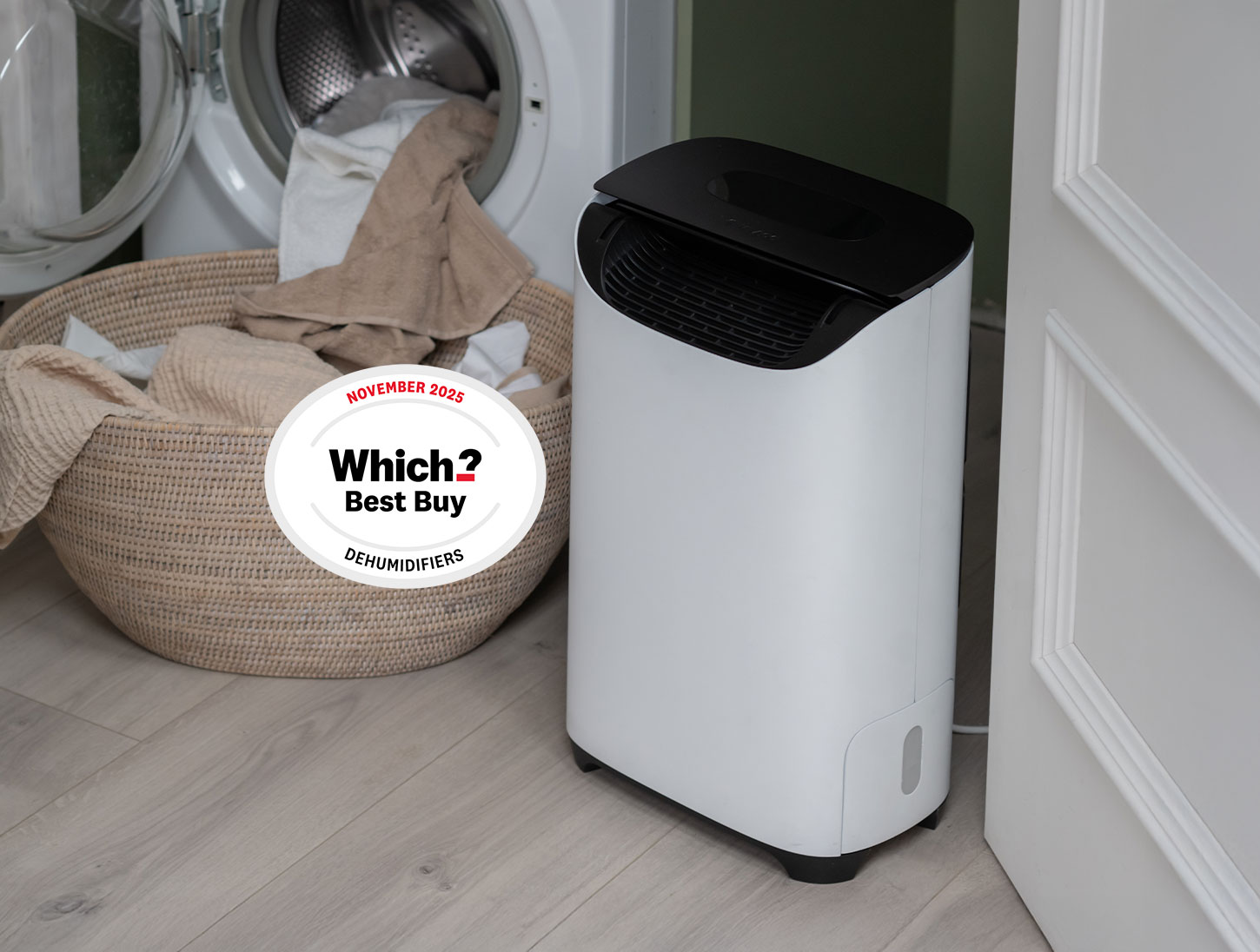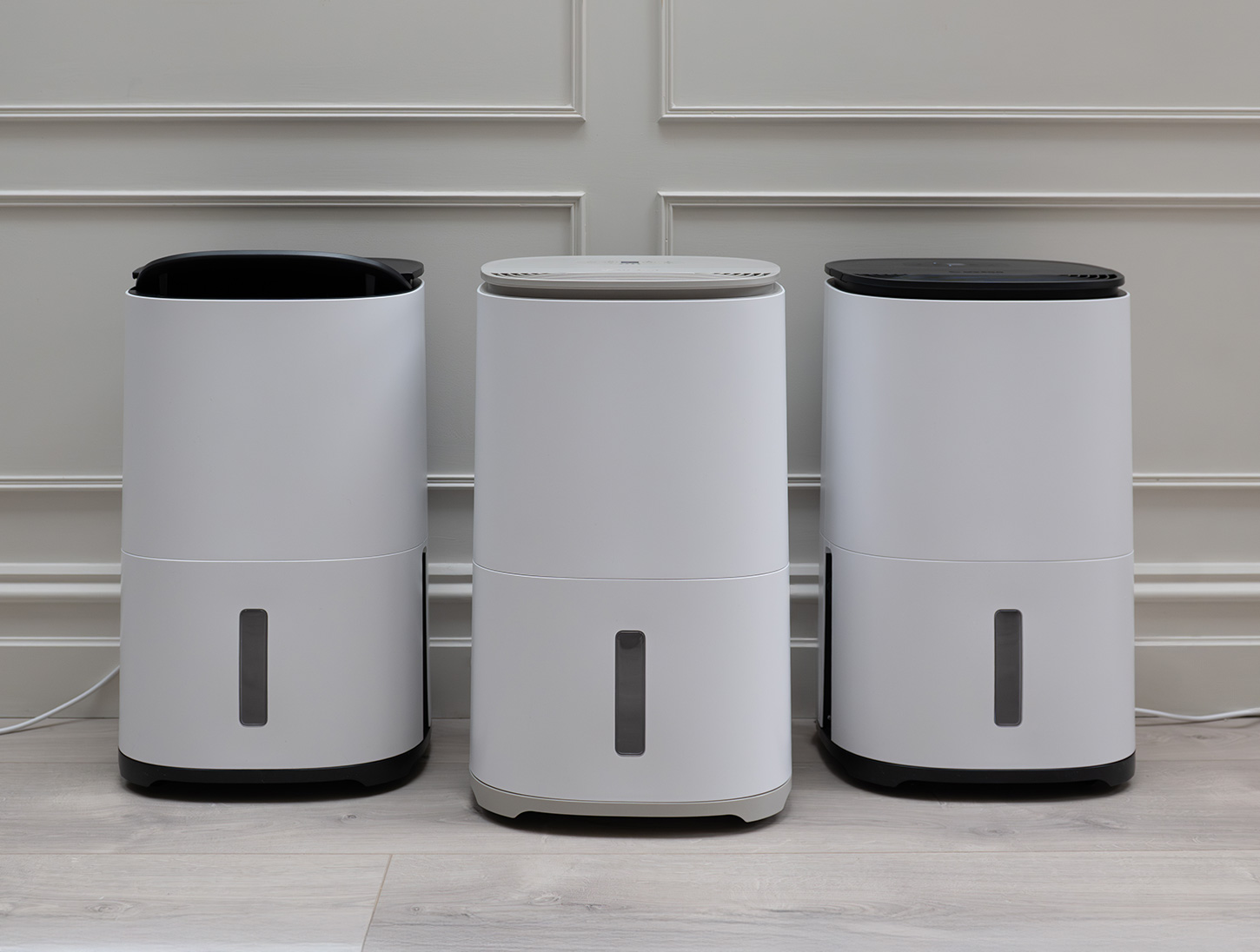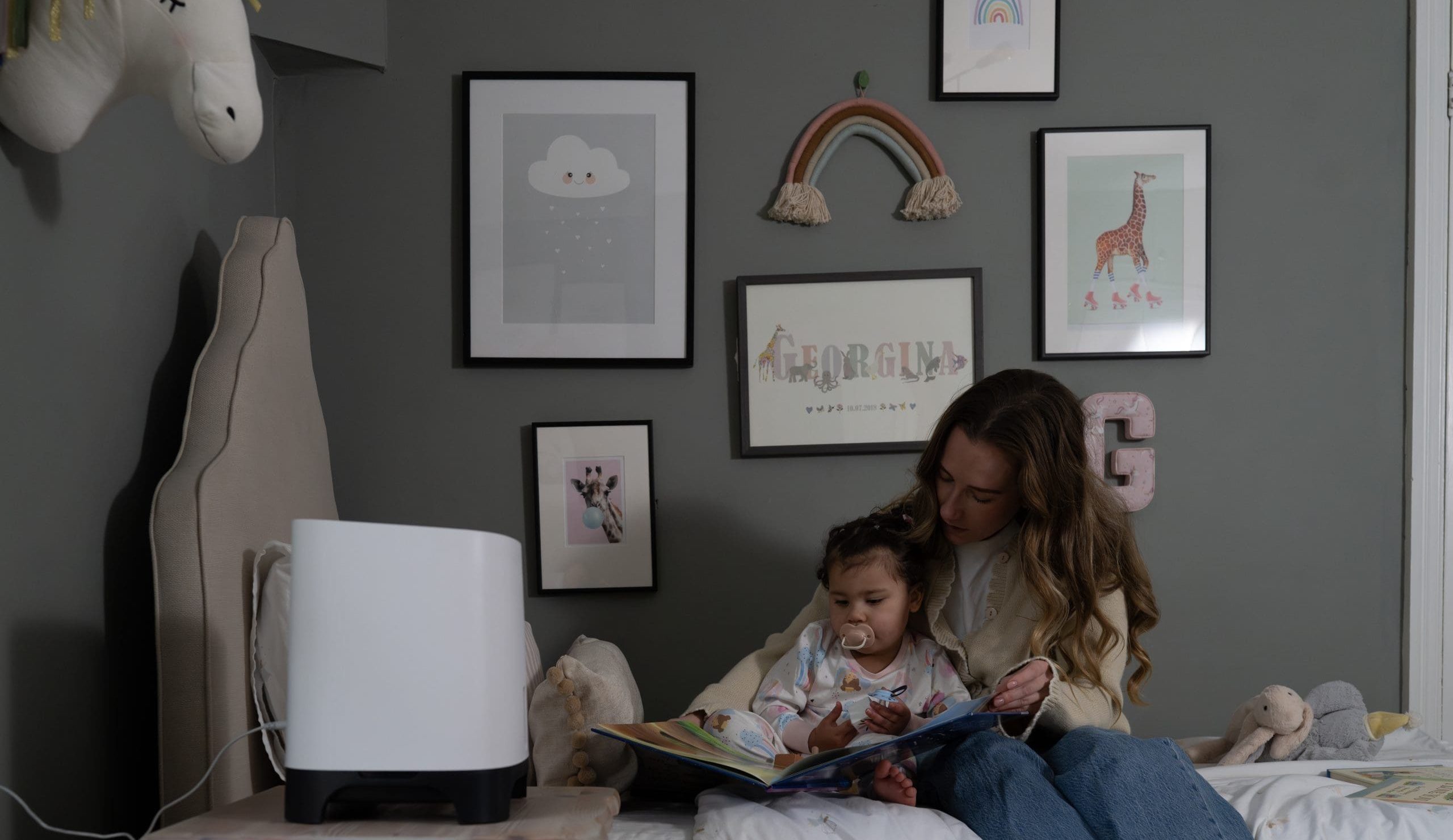Have you noticed condensation in your home or office? What often starts out as something you ignore can turn unto a bigger problem, causing excess moisture in your home and more serious problems like mildew and black mould. So, what causes condensation, and do you know how to stop condensation and its associated problems taking over your home?

What causes condensation?
The most common place to see condensation in your home is on the windows in the morning. This is because the humid air inside your home hits the cold surface of the glass and condenses, leaving water droplets behind. You may find that this occurs more frequently in your bathroom and kitchen, even if you have double glazing – that’s normal. Most condensation occurs in rooms that naturally generate more humidity in your home.
Condensation isn’t restricted to windows, although this is where you see it most often. It can also happen on walls and other surfaces in your home – anywhere, in fact where the air comes into contact with a surface that’s colder than the ‘dew point’ – the point at which the moisture in the air condenses. You’re more likely to see it during the colder months of the year, when you are heating your home, but don’t have so many open windows and doors.
Prevent condensation, prevent mould and damp
You might not see any harm in a little condensation, but its presence shows that the air in your home has excess moisture in it, and this can be a warning sign for damp and mould. You can find out more about how to get rid of mould in our helpful blog. If the areas where the condensation occurs – mainly windows and walls – are not kept clean and dry, mould will eventually form. In fact, many people are not even aware they have a condensation problem until they spot the mould.
If it’s not dealt with, your mould problem will grow, and it will be more difficult to get rid of it completely. That can have an adverse affect on your health, as mould is an unhealthy growth to have in your home – particularly if you have allergies or there are young children or vulnerable people living with you.
How to get rid of condensation
There are several ways to help beat your condensation problem. You can reduce the condensation easily and without spending a huge amount of money:
- Open the windows – improving the ventilation in your home will help to reduce the humidity level. In the winter, this may be less appealing, but even leaving the windows open a little, or using the vents that are often part of double glazing units will help to allow the excess moisture to escape.
- Check other ways to vent – condensation can build up if you have wall vents that are blocked or not working properly. If you have air vents in your bricks, check that they are clear of debris so that the air in your home can circulate properly.
- Install an extractor fan – this is particularly important in bathrooms, where excess moisture can easily build up, causing a condensation problem. It doesn’t cost very much and it can make a real difference to the humidity in your home.
- Think about drying clothes – if it’s possible, dry your clothes outside rather than inside. Although you can’t see it happening, moisture enters the air as your clothes dry, and that’s when condensation occurs. If you don’t have a washer-dryer or a tumble dryer, you might consider a dehumidifier. These units reduce the humidity level in the air, reducing condensation anyway, but also helping to dry your clothes at the same time.

How to stop condensation getting worse
Tackling all the things above will definitely help to prevent condensation in your home, but you’ll still need to make sure you’re dealing with any condensation problem you’ve got at the moment. So here’s a quick list of the things you can do, starting today:
- Clean excess moisture from windows and walls – never let the condensation stand. Instead, wash down the window with water, adding a small quantity of disinfectant, and dry really carefully.
- Use mould sprays – if you have already seen some evidence of black mould or other suspicious growths where you get your condensation, clean it thoroughly with a specialist solution. Wear gloves to make sure you don’t touch the mould, and preferably a face mask, if the problem is bad, so that you are not breathing the mould in.
- Make sure your kitchen and bathroom extractor fans are working hard for you – check and clean filters and make sure you are switching the fans on when you are in the bathroom or cooking.
More on ventilation in your home
Keeping your home well-ventilated is one of the best things you can do in order to prevent condensation. It doesn’t cost you any money, and it can help to keep problems at bay. Open windows for additional ventilation when you are cooking, and when you are showering or taking a bath. They don’t need to be flung wide open, but a small opening where the air can escape is really helpful.
If you have windows with vent options, then use this. It helps to maintain some airflow in your home without letting all the cold air in! In many cases the vent has a couple of settings, so you can choose how much ventilation you have. In some windows, you can lock the air vents open, giving you continuous ventilation.
The next time you are replacing windows in your home – ask about the option to vent. Condensation will be much less of a problem if you can have this option available to you.
Can you really stop condensation?
Of course you can! How long it takes, and how much effort you have to put in will vary from home to home. Some issues are easy to sort out, whilst others may need more work. If you own your own home, you can start a programme of small things that can be fixed quickly and cost-effectively, whilst also working out if there are any bigger jobs that need to be done in order to reduce the excess moisture in your home.
For tenants, have a conversation with your landlord to see how they can stop condensation problems. It makes sense for landlords to be proactive, because long-term condensation and mould issues can have an effect on the overall integrity of the building.
If your home is a period property or an older property, you might find that there’s little useful insulation and no damp proof course – something that modern houses are much better at.
How a dehumidifier can stop condensation
Today’s dehumidifiers are affordable, quiet, compact and highly effective. This is a great way to reduce the moisture in the air, improve the humidity level, and reduce the condensation in your home.
Simply put, a dehumidifier draws in air, which passes over cold coils. As the air hits the coils, moisture condenses and the resulting water is collected in a tank. The drier air is then passed back out of the dehumidifier. It’s the mechanical equivalent of squeezing water out of a towel.
Dehumidifiers can have an instant impact on the humidity in your home. The sensor on the unit will tell you how humid the air is, and this will decrease as the dehumidifier does its job. You can set the target humidity level, and let the machine work its magic. You don’t need to have it on all the time, and it doesn’t cost a lot of money to buy or run – in fact it could be one of the most cost-effective and energy-efficient ways to stop condensation forming at all.
What’s more, because the dehumidifier removes moisture from the air, it also removes the ‘chill’ factor. This means you feel warmer in general and don’t need to turn the heating up so much – helping you to save money on your energy bills too.
Condensation busting dehumidifiers from Meaco
Meaco offers a range of dehumidifiers to help rectify this frustrating condensation problem. Dehumidifiers eliminate the amount of moisture in the atmosphere of your home and eliminating the level of condensation on your windows and walls.

To see how Meaco can help you in your quest for dry windows and a happy home, call us on 01483 234900. Our expert team will be able to guide you through everything you need to stop condensation for good. Or you can browse our website for more information and advice about dealing with condensation, damp and mould, and to buy a dehumidifier direct from the manufacturer.






